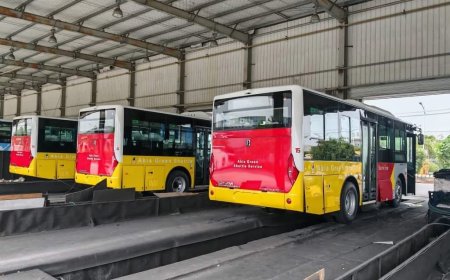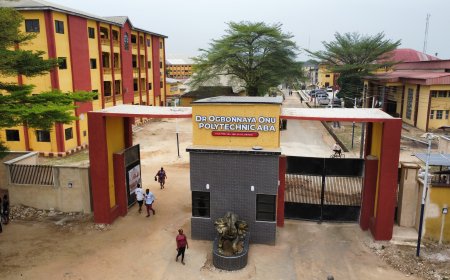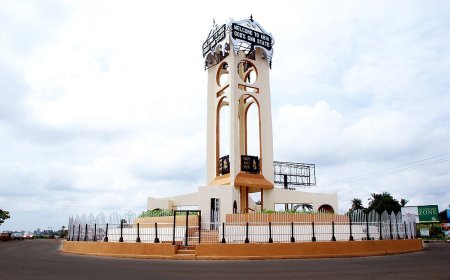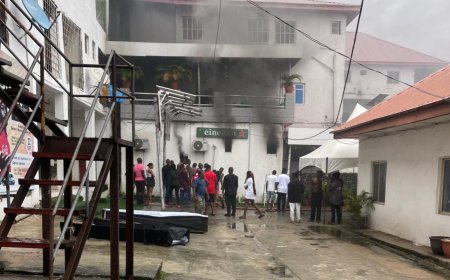Abia State Bans Tyre-Burning for Meat Processing, Launches Eco-Friendly Biogas Alternative

In a bold step toward safeguarding public health and promoting environmental sustainability, the Abia State Government has officially banned the use of burning tyres in the processing of meat, particularly cow hides popularly known as kanda or kpomo. The decision was announced during a press briefing by the General Manager of the Abia State Environmental Protection Agency (ASEPA), Mr. Ogbonnaya Okereke, following a recent State Executive Council (EXCO) meeting chaired by Governor Dr. Alex Otti.
According to Mr. Okereke, the state is pioneering a biogas-powered processing system to replace the long-standing but hazardous practice of using tyres to roast animal hides. The biogas project is already underway at renovated abattoirs in Lokpanta and Uzuakoli, where it is currently being piloted as part of a broader campaign to modernize the state’s waste management systems.
“Burning tyres releases toxic substances that are extremely harmful to human health and the environment,” Mr. Okereke said. “By adopting biogas, which is generated from organic animal waste, we not only protect public health but also convert waste into clean, renewable energy.”
The use of burning tyres to process meat has long been associated with serious health hazards, including exposure to carcinogenic compounds, respiratory problems, and environmental degradation due to the emission of heavy metals and soot. The new biogas system, derived from animal waste, will now be used to roast meat in a cleaner, safer, and more sustainable manner.
Governor Alex Otti’s administration has been at the forefront of implementing reforms aimed at transforming Abia into a modern, eco-conscious state, aligning with global best practices in food safety and environmental management.
The biogas initiative places Abia as a trailblazer in sustainable meat processing in Nigeria. It is expected that other states will look to Abia’s model as the benchmark for improving abattoir operations, public health standards, and waste-to-energy technologies.
Mr. Okereke emphasized that ASEPA will continue its advocacy and monitoring to ensure full compliance with the new regulations. He also encouraged butchers, abattoir workers, and other stakeholders to embrace the change, assuring them of government support and training during the transition.






















































